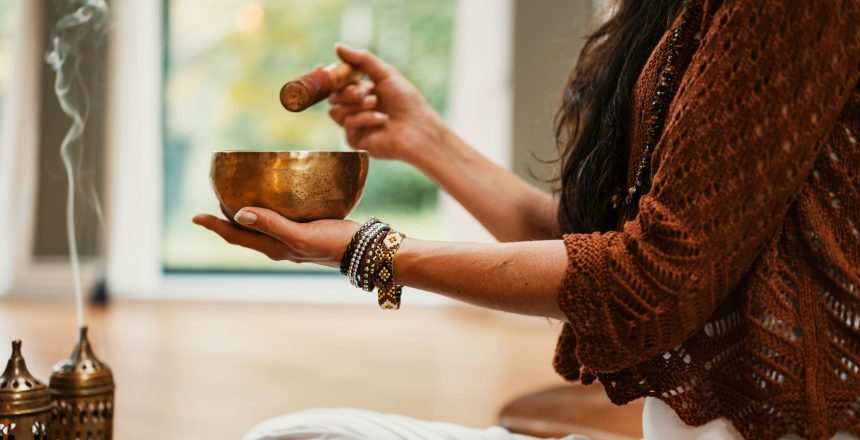Taking care of your mental health doesn’t always require a therapy session or a prescription. While professional treatment is essential for many, there are also small, powerful steps you can take each day to improve your mental health at home. Whether you’re managing anxiety, depression, or working through recovery from addiction, your daily environment plays a crucial role in your emotional well-being.
At Liberty House Recovery Center, we believe that mental health is built moment by moment through habits, choices, and awareness. If you’re looking for ways to take control of your emotional health between therapy sessions or while preparing to enter treatment, these strategies are a great place to start.
1. Create a Routine That Works for You
One of the most effective ways to improve your mental health at home is by establishing a consistent daily routine. Unstructured time can lead to feelings of aimlessness, especially for those experiencing depression, anxiety, or early recovery. A simple routine gives your day shape and helps maintain stability when emotions feel unpredictable.
Your routine doesn’t need to be rigid. Start with basic anchors—waking up at the same time each day, eating regular meals, setting times for movement, rest, and social connection. When your days are more predictable, your brain and body can better regulate stress, energy, and focus.
2. Move Your Body, Even a Little
Physical activity is closely linked to mental well-being. Exercise releases endorphins—your body’s natural mood boosters—and helps regulate the same brain chemicals targeted by antidepressant medications. You don’t have to hit the gym to feel the benefits. Even light movement at home can make a difference.
Try taking short walks, stretching, following a yoga video online, or dancing to your favorite playlist. If motivation is low, start small—just five or ten minutes at a time. Over time, this simple habit can help boost your mood, improve sleep quality, and reduce anxiety.
3. Declutter Your Space to Declutter Your Mind
Your environment has a powerful effect on your mental state. A cluttered or chaotic home can increase stress, worsen anxiety, and make it harder to focus. On the other hand, a clean and organized space promotes a sense of calm and control, which is especially important when navigating the ups and downs of recovery.
Take a few minutes each day to tidy up a corner, wash the dishes, or clear your workspace. You don’t need to deep-clean everything at once. Progress over perfection is key. Creating a peaceful environment can also include soft lighting, soothing scents, or comforting decor that helps you feel grounded and safe.
4. Practice Mindfulness and Grounding Techniques
In order to improve your mental health at home, try adding moments of mindfulness into your routine. Mindfulness is the act of paying attention to the present moment without judgment. Practicing mindfulness at home can help reduce rumination, lower stress, and increase your awareness of your thoughts and feelings without being overwhelmed by them.
Start by setting aside five to ten minutes a day for a mindfulness exercise. This might include:
- Deep breathing
- Guided meditation
- Body scan relaxation
- Journaling your thoughts without editing
Grounding techniques are also helpful during moments of anxiety or panic. Try the 5-4-3-2-1 technique: identify 5 things you can see, 4 you can touch, 3 you can hear, 2 you can smell, and 1 you can taste. These practices bring you back into the present and help reduce emotional intensity.
5. Stay Connected to Others to Improve Your Mental Health at Home
Isolation can worsen mental health struggles, particularly for those managing dual diagnoses such as addiction and anxiety or depression. While it’s not always possible to be physically with others, maintaining connection is crucial.
Make it a priority to reach out regularly to a trusted friend, family member, sponsor, or support group. Schedule video calls, send a text just to check in, or join an online community with shared experiences. Human connection reduces feelings of loneliness, strengthens your sense of support, and reminds you that you are not alone.
If you’re living with others, try to foster open conversations about emotions and needs. Setting healthy boundaries and practicing active listening can deepen relationships and create a more supportive home environment.
Learn to Improve Your Mental Health at Home with Liberty House
While improving your mental health at home is empowering, it’s also okay to recognize when you need more. For individuals struggling with both addiction and mental health issues, home-based strategies are helpful, but not always sufficient. That’s where professional support comes in.
At Liberty House Recovery Center, we offer the best dual-diagnosis rehab program in Michigan, designed to treat both substance use and co-occurring mental health conditions together. Our integrated approach encompasses medical detoxification, therapy, psychiatry, wellness services, and long-term recovery planning—all within a peaceful, structured environment where healing can begin.
If you or a loved one is ready to move beyond survival and start thriving, contact Liberty House Recovery Center today. Our compassionate team is here to guide you through every step of the recovery journey—from home to full wellness.


